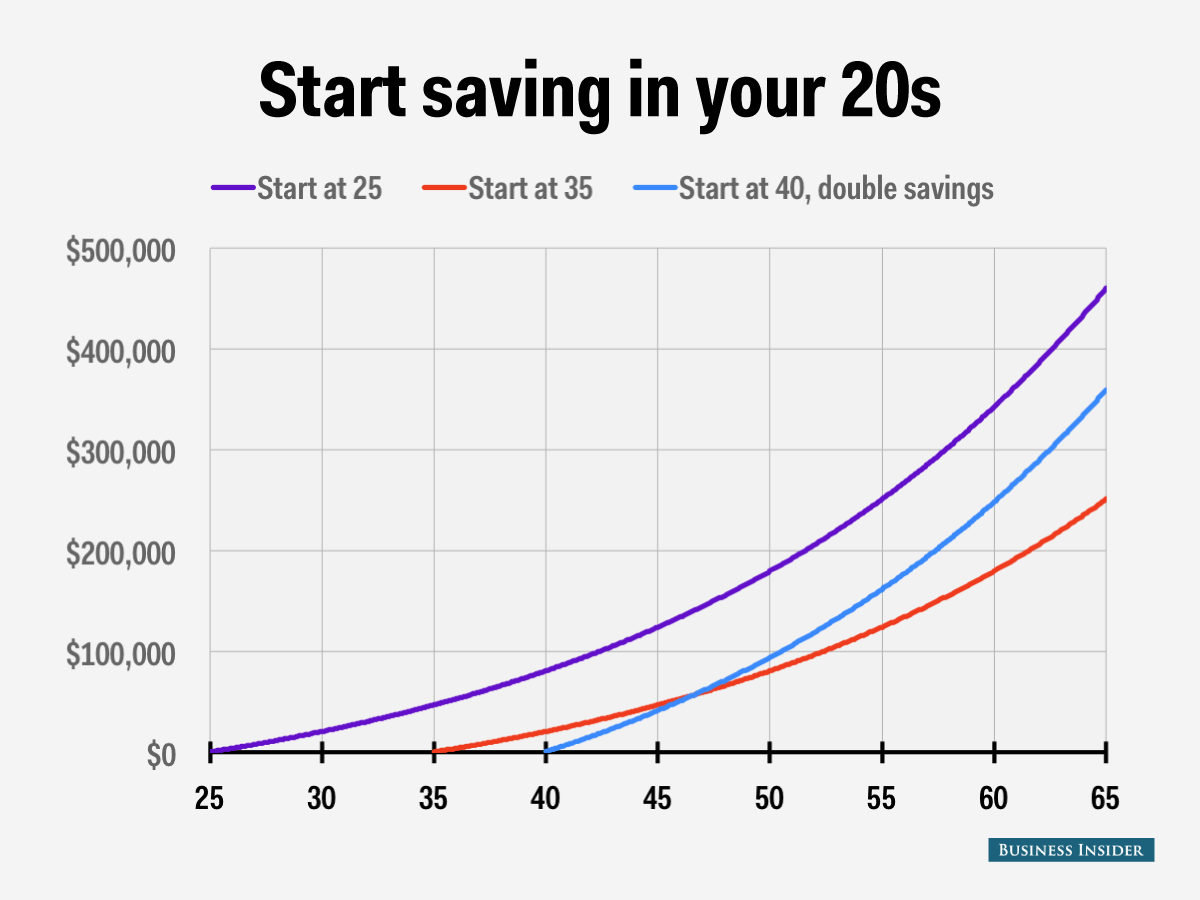Also...am I putting my money in the hands of people or entities and have them invest in other things hoping for a net return?
I interpreted this question two different ways:
For all of your 401k investment choices, they should clearly specify what the fund will invest in, and your returns should match how the investment performs minus a fee (usually 0.02%-2% of your balance). Going a step deeper, you can classify investment choices into two main types:
1. Passive index funds. These invest in clearly defined indexes such as the S&P 500 which is the 500 largest companies on the US stock market. Because there is no work involved in choosing which stocks to invest in, or trading in and out of them as the market fluctuates, they tend to have the lowest fees down in the <0.1% range. These are the types of funds that I recommend to everyone.
2. Actively managed funds. These still loosely specify what the fund will invest in such as 'medium to small sized growth companies in the US', but the investment managers have the freedom to choose which companies to buy specifically, and to trade in and out of them at any time. Because this takes work to research the companies and there are trading fees, they usually charge higher fees in the 1-2% range. Because there is a ton of research out there that shows that it is hard to consistently beat the benchmark index over the long term (especially after subtracting the higher fees), I don't recommend actively managed funds. Just buy the passive index fund of the respective benchmark.
The other way I interpreted your question was: "am I putting my money in the hands of people or entities and have them invest in other things hoping for a net return [for themselves]". Actually for pension plans, fixed annuities, even bank deposits and CDs, and Social Security, I'm inclined to say yes, they do.
These investments all have a fixed rate of return calculated on something like your salary and years of service in the case of pensions and SS, or just specified in the annuity contract, bank deposit or CD. You have no control over what the money is actually invested in, so the company could be investing in sketchy things like credit default swaps and other exotic and risky derivatives, and making lots of profits which they keep for themselves, while they only give you a paltry return like 1-2% on a CD.
Furthermore, when the market is doing well this racket can go on, but when the market unravels like in 2008, some places went bankrupt like Lehman Brothers, Washington Mutual and Wachovia. Sure, your money is still guaranteed through FDIC and the Pension Benefit Guaranty Corp, but it's not good when they drag down the rest of the economy and cause a recession which we are still feeling the effects of, 8 years later.
Also if a company or government that offers a pension or SS is not doing well financially, they can change the terms of the plan to stay afloat. This usually involves current workers putting in more money (to pay the current retirees), AND getting a worse benefit in return. Sound fair to you? Of course not.
So the irony is people usually like pensions and bank deposits for the perceived security and guarantees, compared to the wild fluctuations of the stock market. But the reality is pensions and bank deposits have just as much sketchy stuff going on behind the scenes where they work things to benefit the investment managers in fees and profits, so you are usually not getting a good deal. Given the choice between a pension and a 401k, I would take the 401k and just ride the stock market fluctuations, but at least you get more control, you can see your actual balance, and you will keep almost all of the investment returns for yourself.

